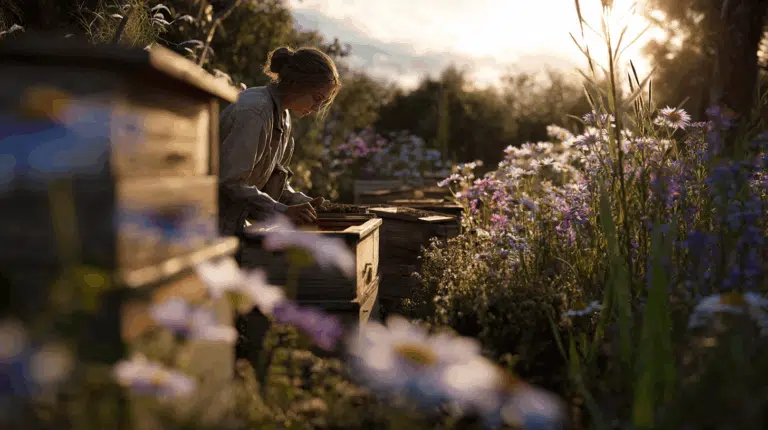Allium bulbs produce large, decorative umbels with long stems. Ideal as cut flowers, easy to plant, and a real eye-catcher in both the garden and vase.
Allium, also known as ornamental onion, is a unique and versatile group of ornamental plants that add a striking accent to gardens and borders. These bulbous plants belong to the same family as onions, garlic, and leeks, but are distinguished by their elegant and often impressive inflorescences. The most recognizable are the large, spherical flower clusters consisting of dozens to hundreds of small flowers. They appear in late spring to early summer and range in color from deep purple, violet, and blue to soft pink and white.
Ornamental alliums are beloved for their sculptural appearance: they add height, structure, and playfulness to the garden. Their sleek shapes combine beautifully with loose, flowing plants like ornamental grasses and perennials. Moreover, the flowers attract butterflies, bees, and other pollinators, making them not only decorative but also ecologically valuable.
Allium bulbs are easy to plant in the fall and require little maintenance. They will produce flowers year after year, provided they are planted in a sunny spot in well-drained soil. Larger varieties like Allium giganteum are real eye-catchers, while smaller varieties like Allium moly are excellent for rock gardens or the front of a border.
After flowering, the seed heads retain their ornamental value; dried, they create an artistic effect in the garden or in bouquets. Allium combines beauty, durability, and versatility, making this ornamental plant an indispensable addition for any garden enthusiast.

Alliums, also known as ornamental onions, are flower bulbs known for their spherical flower clusters packed with tiny flowers. They belong to the same family as onions, garlic, and leeks, but are grown for their beautiful flowers, not for eating. Alliums are real eye-catchers in the garden and also attract bees and butterflies.
Plant alliums in the fall, from September to December, before the ground freezes. The bulbs need the winter to establish roots and then bloom in late spring or early summer (usually from May to July). This way, you can enjoy a colorful transition between tulips and summer flowers.
Plant alliums about three times as deep as the bulb's height. So, a 5 cm bulb should be planted 15 cm deep. Keep a distance of about 20–30 cm between large varieties like Allium giganteum , and 10–15 cm between smaller varieties like Allium moly . Place them in a sunny, well-drained spot for the best results.
Yes! Most Alliums are perennials and re-emerge every year. They require little care and even propagate slowly in the ground. Allow the foliage to die back after flowering, as this nourishes the bulb for the following season. Only remove the withered foliage when it is completely yellow.
Yes, Alliums make excellent cut flowers! They have sturdy stems and last a long time in a vase. Even dried, they retain their decorative shape.
Absolutely! Alliums are among the best bee- and butterfly-friendly flower bulbs. Their flower clusters are full of nectar and pollen, making them an important food source in spring. By planting Alliums, you support pollinators and give your garden a natural, vibrant look.